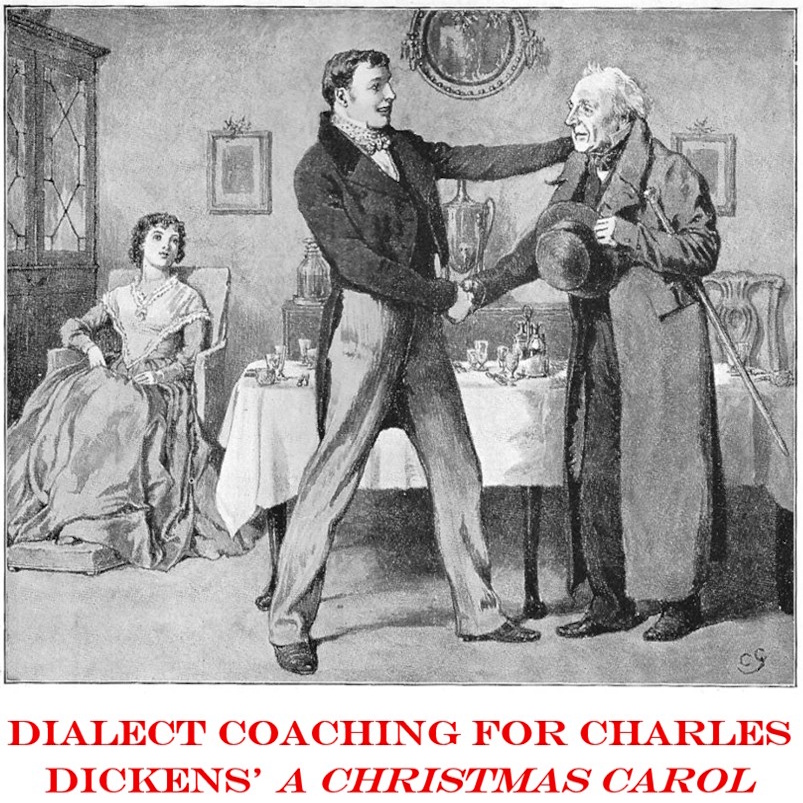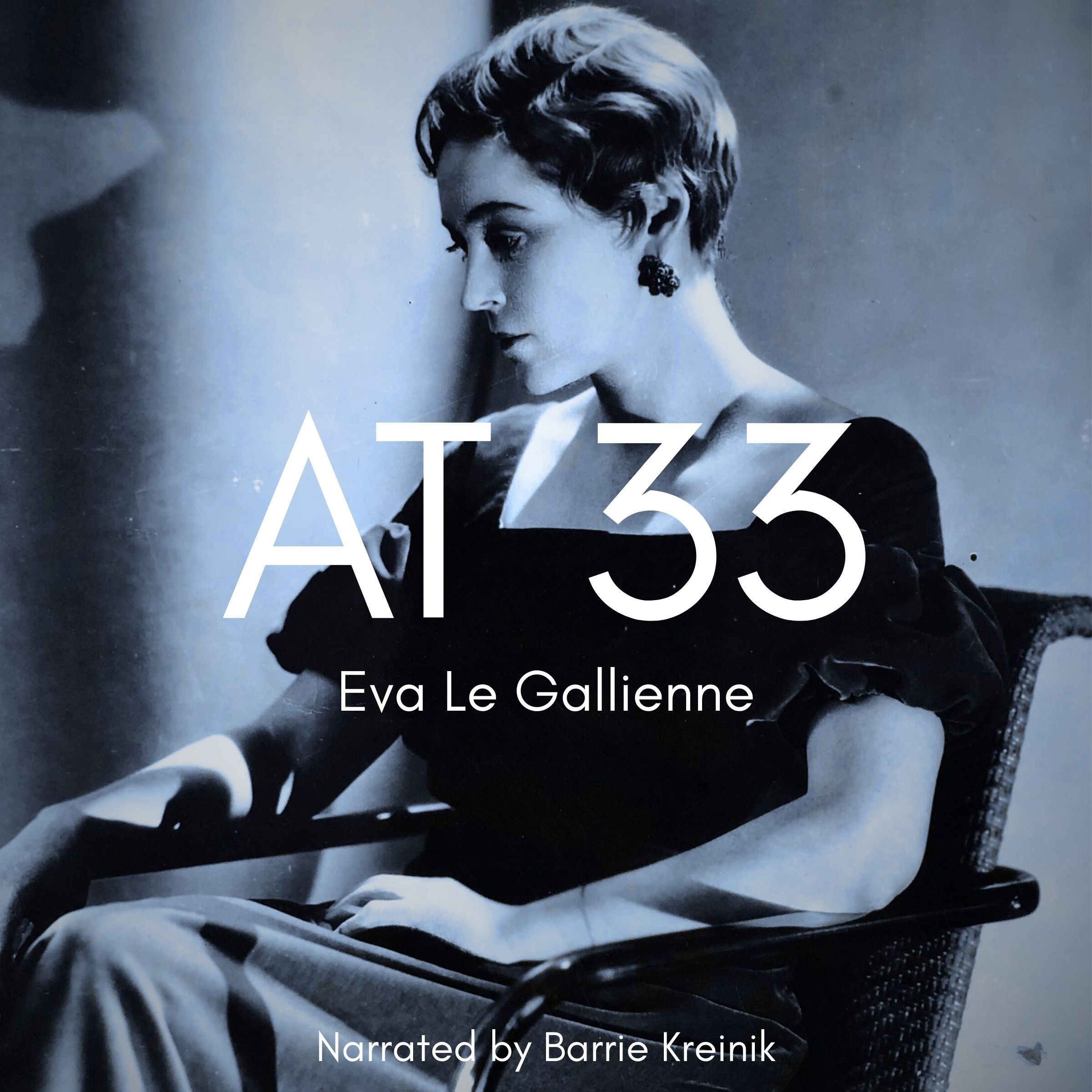Philippines 2
Listen to Philippines 2, a 23-year-old man from Manila, Philippines. Click or tap the triangle-shaped play button to hear the subject.
Both as a courtesy and to comply with copyright law, please remember to credit IDEA for direct or indirect use of samples. IDEA is a free resource; please consider supporting us.
BIOGRAPHICAL INFORMATION
AGE: 23
DATE OF BIRTH (DD/MM/YYYY): 17/01/1990
PLACE OF BIRTH: Manila, Philippines
GENDER: male
ETHNICITY: Filipino of Ilonggo ancestry, Japanese
OCCUPATION: student
EDUCATION: college graduate
AREA(S) OF RESIDENCE OUTSIDE REPRESENTATIVE REGION FOR LONGER THAN SIX MONTHS: Subject has not lived outside Manila.
OTHER INFLUENCES ON SPEECH:
Subject’s early and continuous exposure to Anglo-American media and affluent family background may have impacted his speech. English is the preferred mode of communication for many modern, affluent Filipino families, and there is a high emphasis on education.
The text used in our recordings of scripted speech can be found by clicking here.
RECORDED BY: Aldrin Fauni-Tanos
DATE OF RECORDING (DD/MM/YYYY): 08/05/2013
PHONETIC TRANSCRIPTION OF SCRIPTED SPEECH: N/A
TRANSCRIBED BY: N/A
DATE OF TRANSCRIPTION (DD/MM/YYYY): 17/05/2013
ORTHOGRAPHIC TRANSCRIPTION OF UNSCRIPTED SPEECH:
OK, so I was born in Manila, Philippines, the capital region of the Philippines. My mother and her family, though, came from one of the other regions of the Philippines, and they just ended up here. Um, my father is Japanese. My mother and her family speak Ilonggo, which is a different language from the one that’s spoken in Manila, Tagalog. My father would talk to me in English when I was young, and — he never really spoke to me in Japanese, not so much. So the first languages that I learned were the ones we spoke, most often, in our household, which were Ilonggo and English. I hopped around many different elementary schools, and most of them were international. And I finally settled in an international elementary school until I graduated. And we were all forced to speak English there. The speaking of Tagalog, the local language, was restricted, which I don’t think was helpful for me because, I wouldn’t be able to interact with the local — the locals. And I didn’t interact with the locals for a long time until, um, until high school, where I went to a, uh, a public school. So, I made a switch from a private to a public school. And — that — I think that’s where I finally was able to refine my usage of Tagalog.
[Subject speaks in Ilonggo:] Isa, duha, tatlo, apat, lima, anum, pito, walu, siyam, pulo. [English translation: One, two, three, four, five, six, seven, eight, nine, ten.] Sa Manila ko gin bata pero kabalu ko ya mag Ilonggo kay ti, puro Ilonggo man ang gina wakal sang mga tawo sa balay namon sa Manila. Ang nanay ko puro Ilonggo, ang mga yaya ko Ilonggo man ang ginawakal, ti amo na ang ano, amo na ang gina-istorya namon sa balay i. [English translation: I was born in Manila, but I still know how to speak Ilonggo because Ilonggo is what people in my house in Manila chattered with. My mom spoke mostly Ilonggo; my nannies also chattered mostly in Ilonggo. So that is what — that is what we conversed with in our home.]TRANSCRIBED BY: Aldrin Fauni-Tanos
DATE OF TRANSCRIPTION (DD/MM/YYYY): 17/05/2013
PHONETIC TRANSCRIPTION OF UNSCRIPTED SPEECH: N/A
TRANSCRIBED BY: N/A
DATE OF TRANSCRIPTION (DD/MM/YYYY): N/A
SCHOLARLY COMMENTARY: N/A
COMMENTARY BY: N/A
DATE OF COMMENTARY (DD/MM/YYYY): N/A
The archive provides:
- Recordings of accent/dialect speakers from the region you select.
- Text of the speakers’ biographical details.
- Scholarly commentary and analysis in some cases.
- In most cases, an orthographic transcription of the speakers’ unscripted speech. In a small number of cases, you will also find a narrow phonetic transcription of the sample (see Phonetic Transcriptions for a complete list). The recordings average four minutes in length and feature both the reading of one of two standard passages, and some unscripted speech. The two passages are Comma Gets a Cure (currently our standard passage) and The Rainbow Passage (used in our earliest recordings).
For instructional materials or coaching in the accents and dialects represented here, please go to Other Dialect Services.
 IDEA: International Dialects of English Archive
IDEA: International Dialects of English Archive




